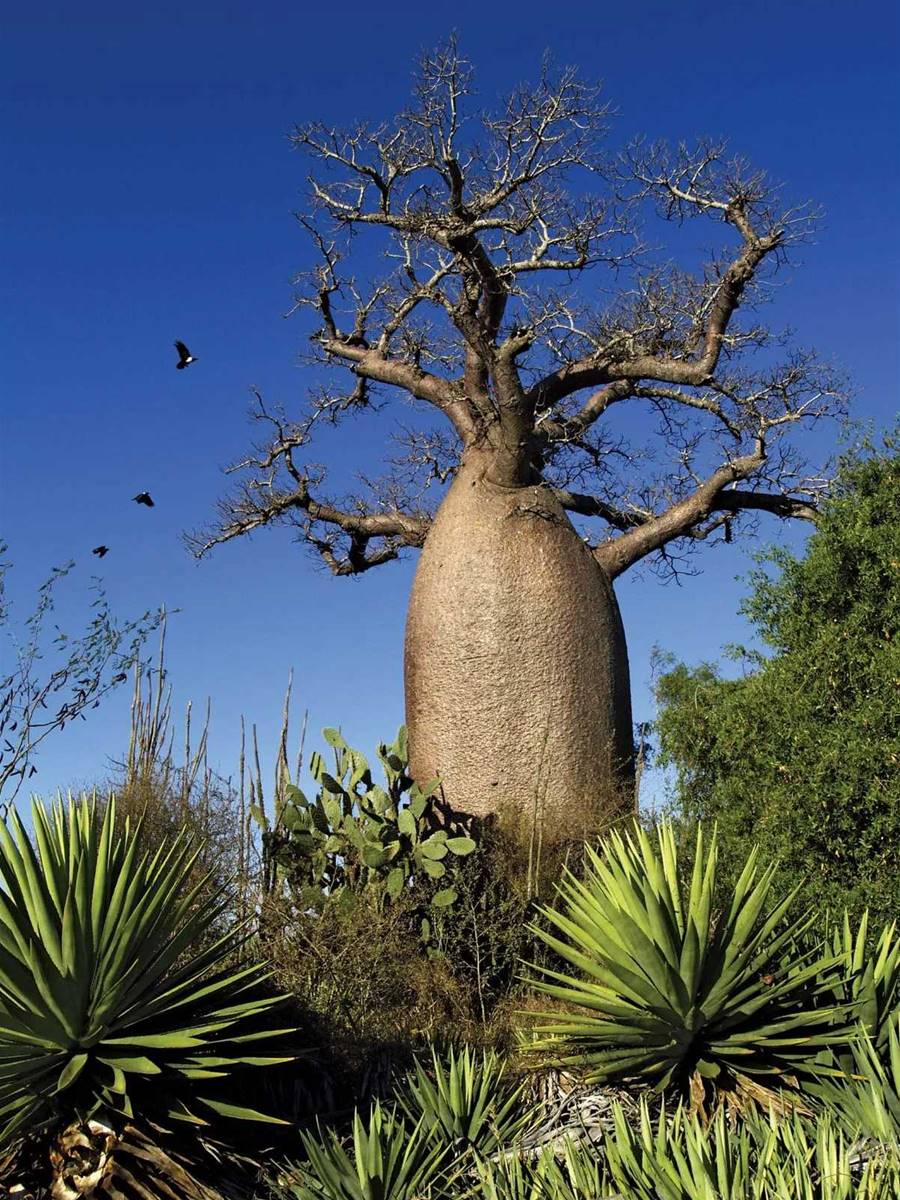

As well as being paid for their harvest, the women will eventually share a 20 per cent stake in the enterprise. BPM’s Andrew Kingman says while the enterprise is in its infancy, the overall outlook for growth is promising. “We are creating opportunities for women harvesters not only to supply, but to share in ownership and development of the business, through the processing and sale of a range of Baobab products.”At the SEED Africa Symposium in Nairobi, Kenya Baobab Products Mozambique has been honoured with a 2014 SEED Africa Award for their innovative use of natural resources to alleviate poverty and create alternative livelihoods in rural Mozambique.
The enterprise is following a vigorous journey to ultimately improve the social and economic circumstances of rural women and their families in the Manica Province and the Baobab trade is expected to bring an alternative seasonal income to these villages and allow communities to better adjust to climate change and food security issues. It seems the natural properties of the Baobab are once again being put to good use, rendering it a not so much neglected and well-utilised species, at least in Mozambique.
Here some fast facts:
WANT TO KNOW MORE ABOUT BAOBAB?
It’s deciduous
Its fire-resistant trunks are used to make clothing and rope
Baobabs grow up to 30 metres in height and up to 11 metres in diameter
They can store up to 125 litres of water in extreme heat
Baobab fruits are coconut in size
Pulp and seeds are considered a ‘super food’ due to high levels of calcium, iron and Vitamin C (three times the content of an orange)
Leaves and roots are used to treat malaria, fever, dysentery, diarrhoea, asthma and tooth aches.
